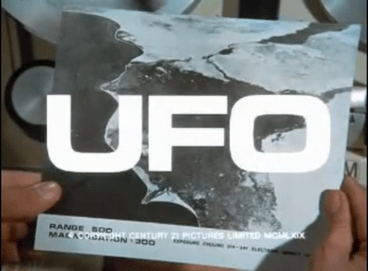In a recent TEDx talk, I quoted the silly joke about British films having a beginning, a muddle and an end, and I got a laugh from the audience. The more I think about the launch of the BFI’s five-year plan, the more I realise that there is much truth in the joke. Images of Stalinist bureaucracy come to mind when five-year plans are talked about, but refreshingly the BFI seems, remarkably, to be trying to empower audiences!
There has always been a series of mantras in the film and television industry. ‘I will know what I want when I see it’ is the most irritating response a producer can give to a writer (or agent) enquiring about what the producer (or broadcaster) is looking for. ‘Audiences don’t know what they want, until they see it.’ And the most notorious, William Goldman’s ‘Nobody knows anything’.
Actually audiences do know what they want and they are remarkably consistent. There are and always have been exceptions which prove the rule (another annoying mantra); who would have guessed that Fifty Shades of Grey would have been so popular with the mainstream, for example? I personally suspect that the book—which is about to be knocked off the top of the best-seller list by a classic police procedural, which audiences never tire of—has something important in common with Stephen Hawking’s A Brief History of Time; that a high proportion of those people who bought either book never finished it.
Back to the BFI, and their plan is not simple. They have prioritised three areas: education and audiences, filmmaking and film heritage. Culturally this is clearly a good thing. We have an extraordinary heritage, so let’s make it far more accessible—which means someone can state that ‘He who does not learn from his mistakes will be forced to repeat them’.
Education is clearly a good thing; in my area (scriptwriting) I have branded across my forehead the words of Christopher Vogler: ‘We have a generation of kids who are film-literate but not script-literate’. Without script literacy, the passion to write will usually produce scripts that fail. I recall old mantras about the importance of giving young people in the film industry the room to fail. I never understood that, when they could be shown how to succeed. The new London Screenwriter’s Festival is a beacon of practical progress in the attempt to connect writers with the industry.
But the most important announcement by the BFI is the increase in funding that is being made available. Many of us grieved at the closure of the UK Film Council, which did lay important groundwork for the present situation, and indeed many of the key people in the new BFI were at the UKFC. Increasing the pot is, however, great news and bodes well.
Ever since we left Eurimage, and tax breaks were geared to bringing inward investment and not helping smaller British producers co-produce with non-UK companies, it has been a very un-level playing field for our producers. So it is good to hear that Ben Roberts is committing up to £1m for co-production. We need to go to the table of producers with more than just a script, although by emphasising the importance of the script we still have a great asset—many brilliant writers. If the BFI can grow a generation of smart and script-literate producers, the return on investment will be exciting and we will no longer have to muddle along.











